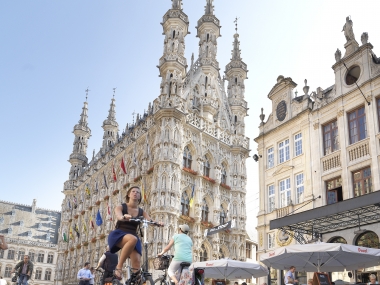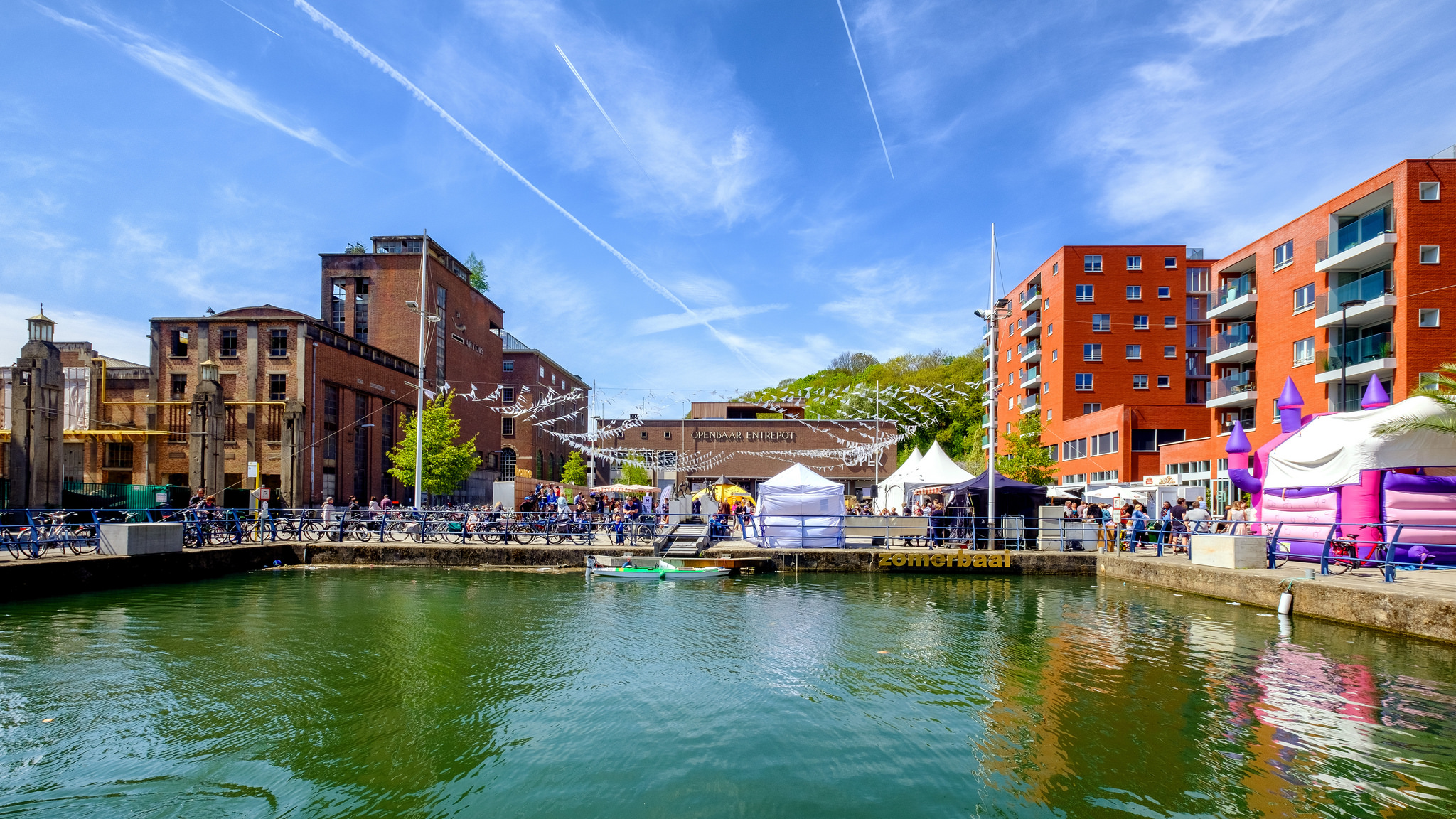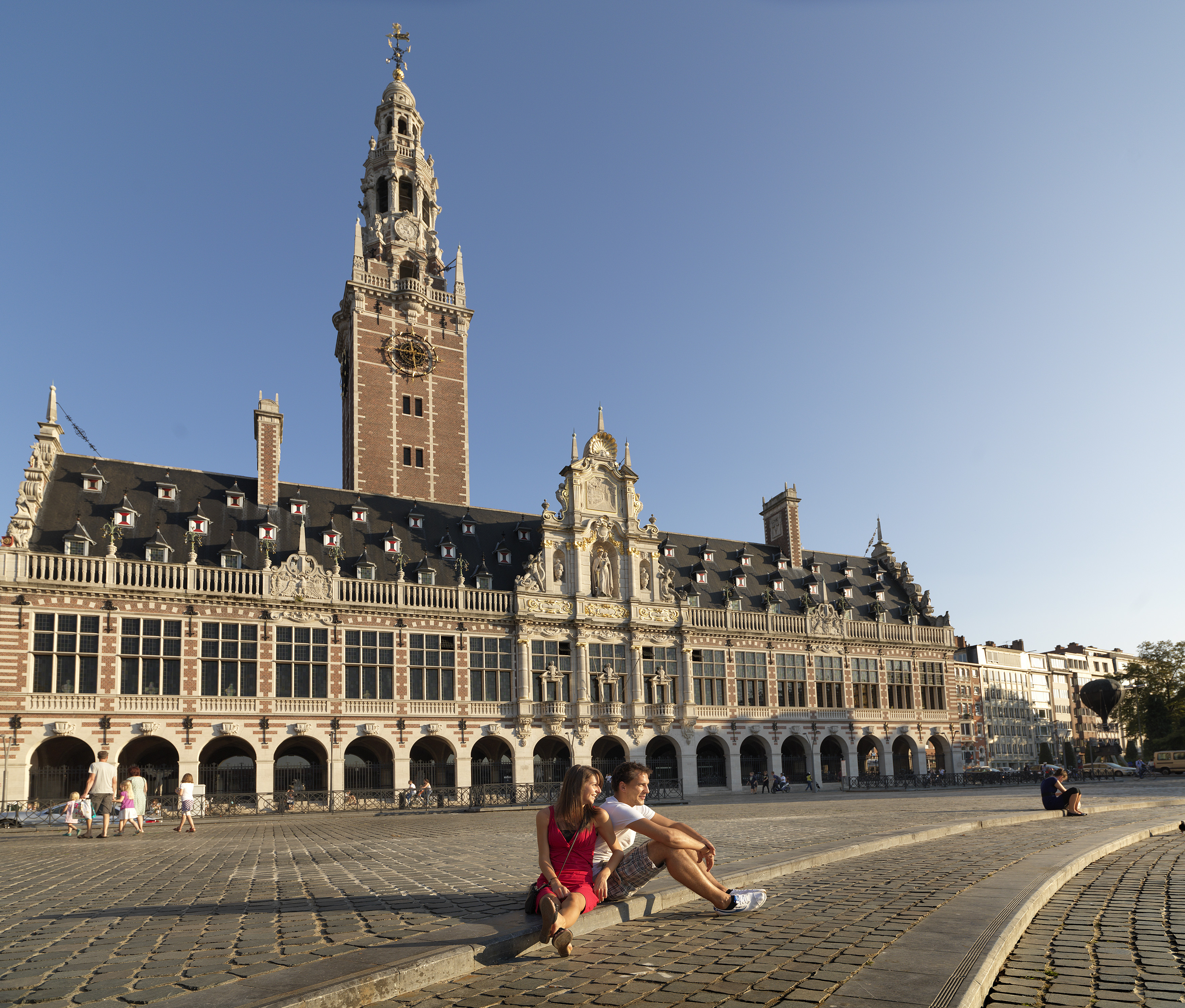Cities in international perspective: Leuven
Edited on
25 April 2019In the Welcoming International Talent project, seven cities aim at sharing knowledge, improving policies and implementing best practice projects in their international student cities. But why are these specific cities participating in the WIT project? Each city will explain what they can contribute and what they would like to learn from this knowledge exchange. This time: Leuven, Belgium.

The city of Leuven, located in the centre of Belgium next to Brussels, is the provincial capital of Flemish Brabant. Built on over 1,000 years of knowledge, it is more than just the home of Stella Artois or Europe’s most innovative university. The city has a youthful and vibrant feel owing to the 50,000 students living next to Leuven’s 100,000 inhabitants of which 18% are internationals. As 161 nationalities work, study and live in Leuven, the city breathes an unmistakably international flavor.
Economic innovation
Leuven is at the heart of European innovation. Thanks to the university, Leuven is home to one of the largest independent R&D organizations on the planet. Additionally, local start-ups and international companies such as AB Inbev, Siemens, Huawei, NXP, Materialise, Commscope, … interact with other Leuven based research institutes, such as imec, the world leading R&D hub in nano-electronics and digital technology.

International talent
Talented people are key to the success of all these organisations and the talent pool is becoming increasingly international. The university as well as many organisations and companies in the region already have policies and procedures in place to attract, welcome and retain international talent. To support the Leuven ecosystem in creating an outstanding working and living environment for internationals the International House Leuven was set up in 2017 to become operational in 2018.

Leuven & URBACT
Leuven’s participation to the URBACT Transfer Network Welcoming International Talent is aimed at sharing and benchmarking the existing initiatives of the city, knowledge institutions and companies, to learn from the best practice of Groningen as well as the other partner cities and to further develop the welcome policy by scaling up the International House Leuven. The project is used as a catalyst, driving Leuven’s local group to launch new initiatives based on the inspiration and ideas gathered at the various knowledge transfer opportunities between the cities. For example, the group is currently looking at how a network of local service providers who understand the needs of internationals can be better connected to the international community.
 Submitted by Evite van Winkoop on
Submitted by Evite van Winkoop on
